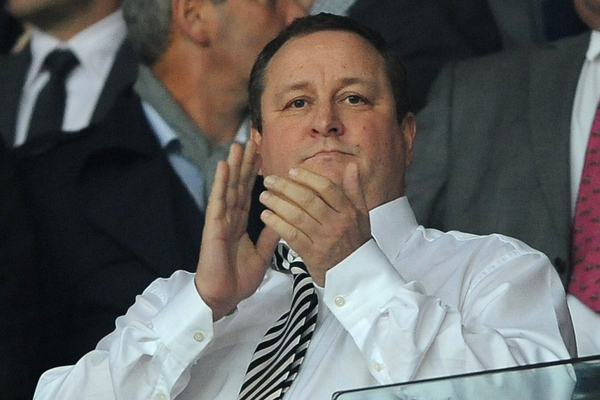Did Mike Ashley Really Not Do Due Dilligence On Newcastle?
The Rangers situation seems awfully coincidental.

I was told that the man behind the deal was Mike Ashley and I sat with his representatives over 3 days thrashing out a deal. I was keen to know why they wanted the club and they were quite honest. They wanted to market their sports goods in the Far East and would use the club to help do this.Hall also confirmed that Ashley's party were the preferential buyers, over a Malaysian consortium, because they waived the right to due diligence, which would have held up the deal for six weeks (and apparently added a golden handshake for the privilege of not doing due diligence). The results of that diligence would only have revealed a stadium mortgage, and there has to be a reason Ashley's representatives offered a better deal as well as waiving due diligence - it wasn't just to beat the other consortium, it was more likely because it wasn't really necessary. Would Ashley's team of financial cohorts - who identify potential investments and brands to buy just as his scouting team look for contract clauses and "falsely affordable" players like Yohan Cabaye and Demba Ba - really miss something as incomplex as a mortgage? Perhaps they didn't do due diligence because they didn't need to, and it could be worked in to the narrative of Ashley as personal saviour rather than the motivated, operating administrator that he actually is in his wider business career. In light of the Rangers situation, it all looks a bit fishy, and while cynics will no doubt say it's mere speculation, it does seem odd that a man who doesn't fail in business deals - who has an almighty investment team working with him, and who actively seeks crises he can "fix" to profit - would make such a fundamental error. We needed to believe any buyer would be more interested in football, rather than business, and that story seems to have fed rather wonderfully at first into the idea of a slightly foolish messiah: we wanted to be deceived that football is not business, and it seems that's exactly what might have happened.